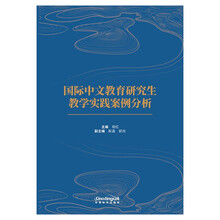This study investigated the beliefs of beginner learners of Chinese as a foreign language (CFL) and their teachers, about the difficulties presented by Chinese learning and teaching, and how learners overcame the difficulties they encountered. The study compared beliefs of teachers and pupils who had different levels of experience in the context of English secondary schools. The relationship between beliefs and an individual's background and experience was also explored. The study was situated in a pragmatic paradigm with a mixed method, including both quantitative and qualitative methods of data collection. 443 pupils and 42 teachers in over a dozen schools responded to a Likertscale questionnaire. 68 pupils (34 individuals and 13 groups) and 13 teachers in seven schools shared their views in interviews.
Many interesting findings were revealed in this study. Surprisingly, pupils thought tones and characters were "tricky" to learn, but not impossible, whereas teachers thought pupils did not pay attention to tones and underestimated the difficulty of learning characters. Teachers tended to support communicative language teaching (CLT) orientations but showed somewhat inconsistent patterns between their beliefs about CLT and their teaching approaches. The learning of writing rules were concerns of teachers and pupils, indicating they believed there was some value in noncommunicative learning orientation. Pupils also showed their enthusiasm for learning character, and overwhelmingly believed that, in order to make good progress in Chinese learning, they should put effort into learning characters.
展开










